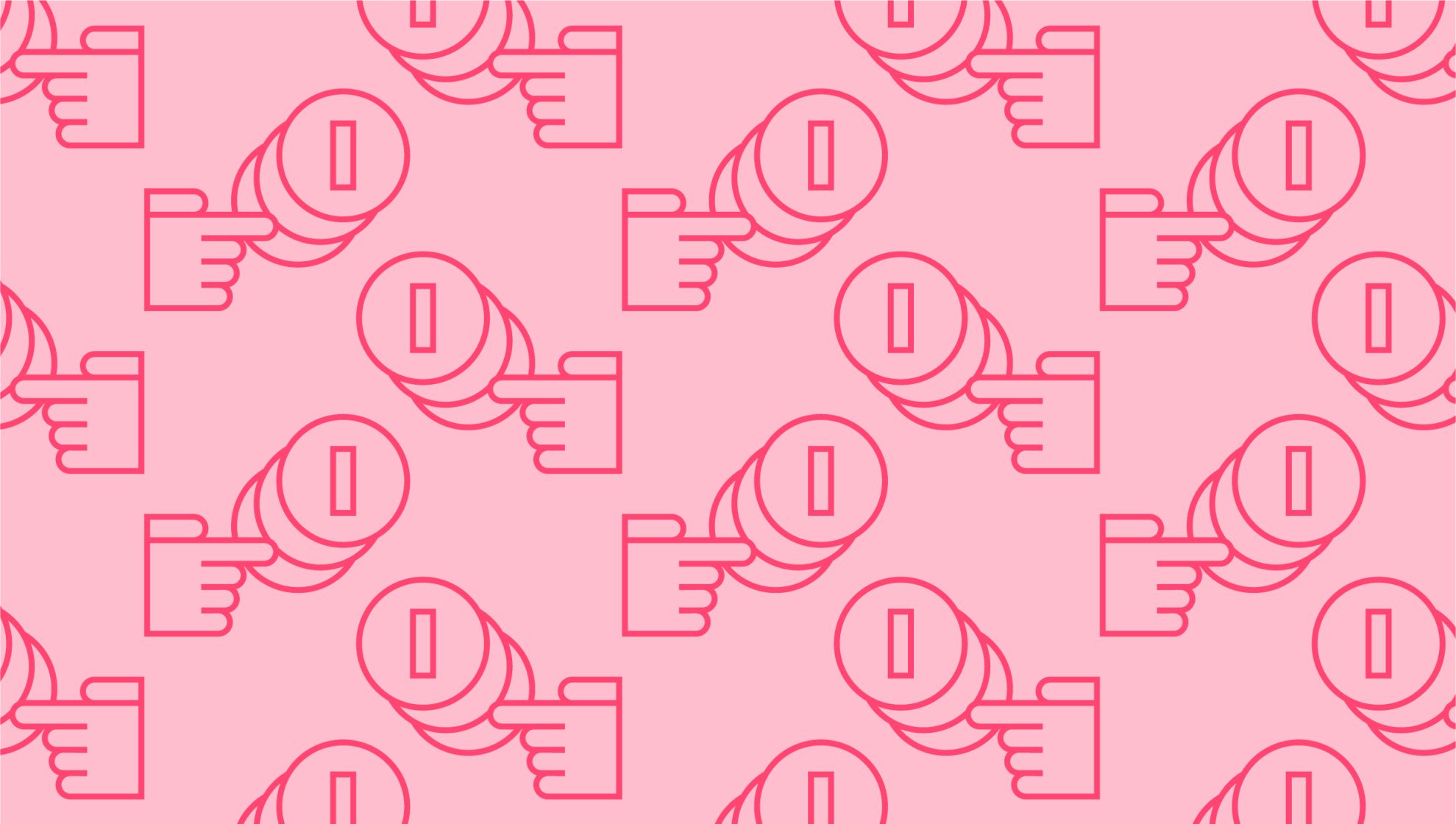Last editedSep 20213 min read
Businesses have a lot of payments to make regularly, which can take up a lot of time and resources and, when done manually, can lead to errors and delays. Whether it’s paying invoices, payroll, bill payments or otherwise, payments can quickly add up and some businesses may even find themselves needing to make thousands of payments a day.
What are bulk transfers or payments?
Known as bulk transfers, mass payments or batch payments, a bulk payment is a process in banking wherein a business makes a high volume of debit payments to multiple beneficiaries in one go. A bulk transfer is listed as a single payment on a statement, despite being dispersed among multiple recipients, and payments are made in real-time.
In the past, high volumes of payments had to be carried out using paper checks. This is not just time consuming, but also costly, and prone to error. Now, as digital payments have become the norm, using bulk payment services has become a hugely beneficial solution. Bulk transfer systems facilitate the process and create an efficient, reliable way to make multiple payments at once.
The need for businesses to send bulk payments is only increasing. Consider a company like Airbnb. Airbnb must regularly take payment from thousands and thousands of guests every day, and deliver that money to hosts in a timely, secure, and reliable manner. Processing these payments manually and individually would be simply impossible without keeping people waiting. Bulk transfer systems offer the perfect solution.
In order to make a bulk payment, you’ll need a bulk list. A bulk list includes every account or payee that you’d like to pay from a single debit account. You’ll then need tools and platforms that facilitate bulk payments, like APIs, file exchange gateways and file importers. Most US banks have these platforms available, as well as some third-party payment companies, so essentially all you’d need to do is provide the bulk list.
Types of bulk payment system
The most common way of making bulk payments in the US is through ACH (Automated Clearing House) bank transfers. ACH bulk payments are favored for their low costs and quick turnaround times. ACH payments are direct bank-to-bank payments, so money is deposited directly from the payor’s account into the recipient’s bank account.
Some third-party payment aggregators also specialize in bulk payments, like PayPal for example. PayPal is especially popular for making international payments or payments to freelancers for their services. However, recipients will need to create an account and sign in to receive payments, which could be seen as a disadvantage. The money is deposited into the recipient’s PayPal account, rather than into their bank account directly. PayPal payments also take longer to process, as more careful security checks must be undertaken.
There are some cases where bulk transfers can be made directly to the recipient’s bank card, though this is a more complicated method. Bulk card payments are generally only used to process refunds, as the amount you can send to a card cannot be greater than the amount that was paid by the customer.
Benefits of bulk payment systems
There are several benefits to using bulk payment services to handle a large volume of payments rather than doing so manually. The streamlined process can save your business a lot of time and money, while boosting customer, employee and stakeholder satisfaction.
Less error
There’s a lot of room for human error when it comes to manually handling a huge number of payments. By automating the process, bulk payment systems are a reliable solution that will help ensure every detail is correct. There is a significantly lower chance of information being inaccurate when bulk transfers are processed through a bulk payment system.
Cost-effectiveness
There are a lot of costs that can come with making payments, especially with wire transfers, card transactions or check payments. Bulk payments services are far more cost-effective. While making each payment one-by-one means paying fees each time, a bulk payment is processed as a single payment, so you’d only pay processing fees for one transaction.
Fast payments
Making hundreds or thousands of payments by check is a hugely time-consuming process. Rather than having to manage each payment individually, bulk payment systems streamline the process by managing high volumes of payments at once, saving you a lot of time and allowing your business to operate more efficiently. Less time spent writing checks means more time focused on the actual work itself.
You can also schedule bulk payments ahead of time, so the recipients are never left waiting.
Security
Bulk payment systems are supported by intricate, robust security protocols. Using encryption technology means that no private data can be compromised. If you have regular bulk payments, such as monthly payroll, it will be easy to spot any errors or discrepancies early, especially if you’re also making use of a bank account verification system.
Manageability
Bulk payment services make it so much easier to manage all the moving parts that come with making payments. They are flexible systems, meaning it’s easy to make quick adjustments, like adding bonuses or raises, without having to completely start from scratch for each individual employee.
Bulk payment systems are scalable, meaning as your business grows you can keep using the same system. They are adaptable systems that can process multiple payment options for different recipients. They make it much easier to track, and therefore reconcile, large numbers of payments.
You’ll be able to pay employees, customers and stakeholders on time and without issue, which will have a positive impact on the business as a whole.
We can help
GoCardless helps you automate payment collection, cutting down on the amount of admin your team needs to deal with when chasing invoices. Find out how GoCardless can help you with ad hoc payments or recurring payments.

